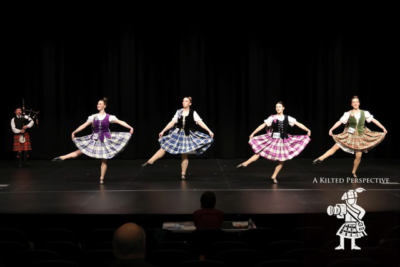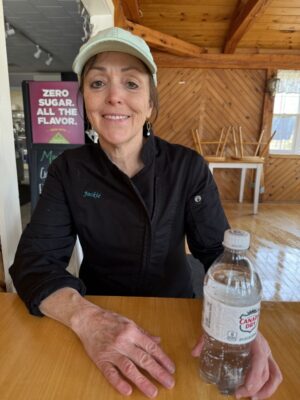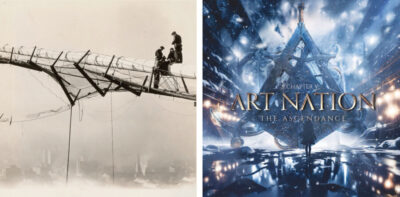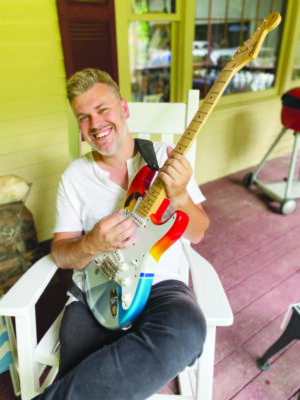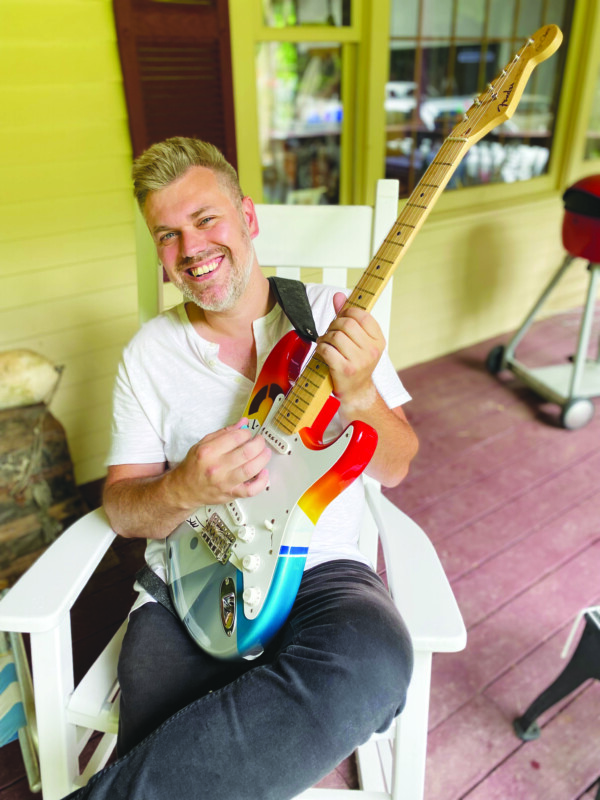Friday, April 18
Chunky’s Cinema Pub (707 Huse Road, Manchester, 206-3888, chunkys.com) hosts a Gilligan’s Island Paint Night this evening beginning at 7:30 p.m. Participants will be guided through painting an island landscape, looking out at the ocean, while reruns of the beloved 1960s television seriesGilligan’s Islandplay on the big screen in the background. Cocktails and snacks will be available, and there will be music to fit the evening. Tickets are $45 each.
Friday, April 18
The Palace Theatre (80 Hanover St. in Manchester; palacetheatre.org) presentsJesus Christ Superstar beginning tonight through May 11, Fridays through Sundays plus Thursday, May 8.
Friday, April18
Famed storyteller Garrison Keillor will take the stage at the Nashua Center for the Arts (201 Main St., Nashua, 800-657-8774, nashuacenterforthearts.com) tonight at 7:30 p.m. for an evening of stand-up, storytelling, audience song, and poetry. One man, one microphone. Tickets start at $29 .
Friday, April 18
The Salem Animal Rescue League (4 Sarl Drive, Salem, 893-3210, sarlnh.org) hosts an evening of musical bingo tonight at the Windham Country Club (1 Country Club Road, Windham, 434-2093, windhamcc.com) beginning at 7 p.m. Tickets are $60 each and include dinner, one drink and one Bingo card per game. Purchase tickets at tinyurl.com/SARLMusicBingo.
Saturday, April 19
Symphony NH presents a performance at the Nashua Center for the Arts (201 Main St, Nashua, 800-657-8774, nashuacenterforthearts.com) tonight at 7:30 p.m., consisting entirely of overtures. Appropriately titled “It’s All Overtures,” this show will feature some of the most well-known overtures, ranging from Mozart’s Marriage of Figaro to Leonard Bernstein’s West Side Story. Tickets start at $32 through the Center’s website.
Wednesday, April 23
Catch “A Tribute to Duke Ellington with the Aardvark Orchestra,” a free presentation of the Walker Lecture series, tonight at 7:30 p.m. at the Concord City Auditorium (2 Prince St. in Concord). Doors open at 7 p.m.; see walkerlecture.org. This event is free and open to the public.
Wednesday, April 23
Celebrate “25 years of ska punk party mayhem” with The Planet Smashers along with PWRUP and Threat Level Burgundy tonight at 7 p.m. at Jewel Music Venue (61 Canal St. in Manchester). Find them on Facebook
Save the Date! Saturday, April 26
Saturday, April 26, is Independent Book Store Day. Offerings usually include previews of upcoming books as well as in-store celebrations. Bookery (844 Elm St. in Manchester; bookerymht.com) has plans for local authors, giveaways, discounts, live music and more, according to an email from the store. Gibson’s Bookstore (45 S. Main St. in Concord; gibsonsbookestore.com) is also making plans, which will include “exclusive merch, giveaways, maybe even some games and activities,” according to an email from the store. Check with your favorite indie bookstore for updates.
Featured photo: Independent Bookstore Day Logo.










